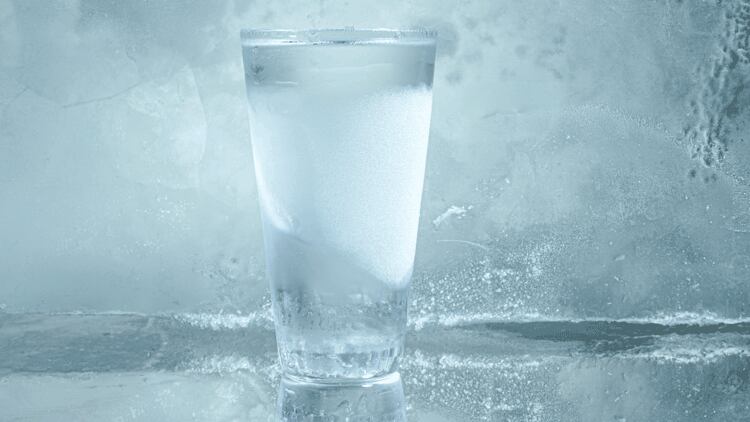The UK Government today (15 March) announced the ban on exports to Russia of high-end luxury goods, while also hitting hundreds of key products with new import tariffs that represent a 35 percentage point hike on current rates.
Russian vodka is one of the iconic products affected by the tariff increases as well as products including white fish, glass and glassware, cereals, oil seeds, beverages, spirits and vinegar, selected to inflict maximum damage on the Russian economy while minimising the impact on the UK.
The export ban will come into force shortly and will make sure oligarchs and other members of the elite, who have grown rich under President Putin’s reign and support his illegal invasion, are deprived of access to luxury goods, according to the Department for International Trade.
“Our new tariffs will further isolate the Russian economy from global trade, ensuring it does not benefit from the rules-based international system it does not respect,” says Chancellor of the Exchequer Rishi Sunak.
“These tariffs build on the UK’s existing work to starve Russia’s access to international finance, sanction Putin’s cronies and exert maximum economic pressure on his regime.
“These new measures will further tighten the growing economic pressure on Russia and ensure the UK acts in line with sanctions imposed by our allies.”
Consumers around the world are expected to feel the “enormous impact” of Russia’s war on Ukraine through sharply higher food prices and significant disruption to agricultural supply chains, according to industry executives and leading European officials.
In an article in the Financial Times John Rich, executive chair of Ukraine’s leading food supplier MHP, said he feared for the vital spring planting season, which is critical not only for domestic supplies in Ukraine but also the huge quantities of grains and vegetable oil that the country exports around the globe.
“This conflict has had an enormous impact on Ukraine and Russia’s ability to supply the world,” Rich told the FT.
The success of the planting season would be decided by “military action in the next week or two”, he said.

